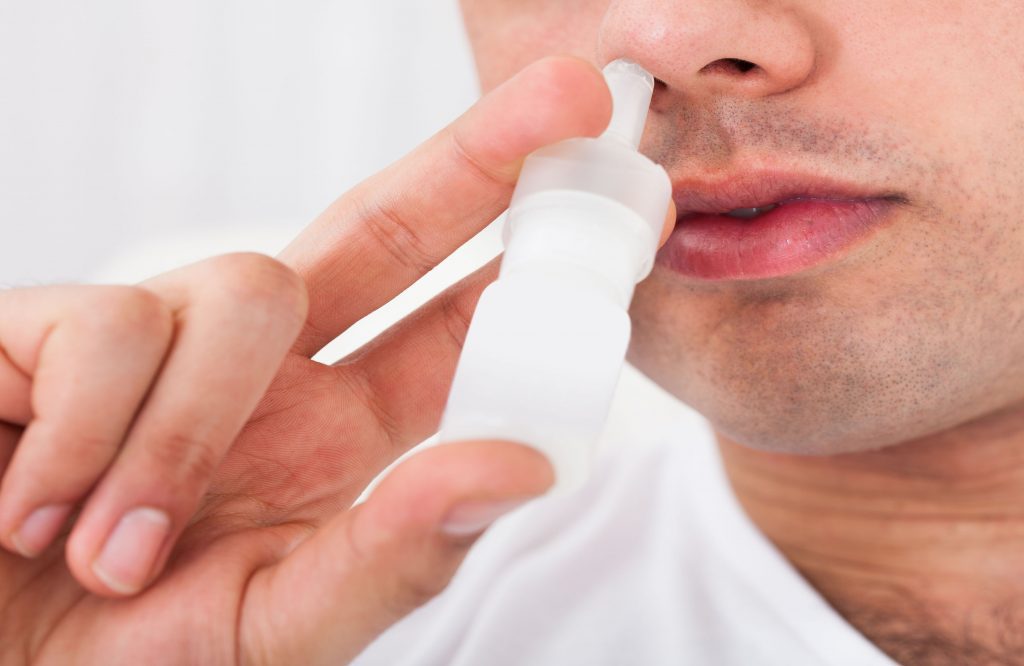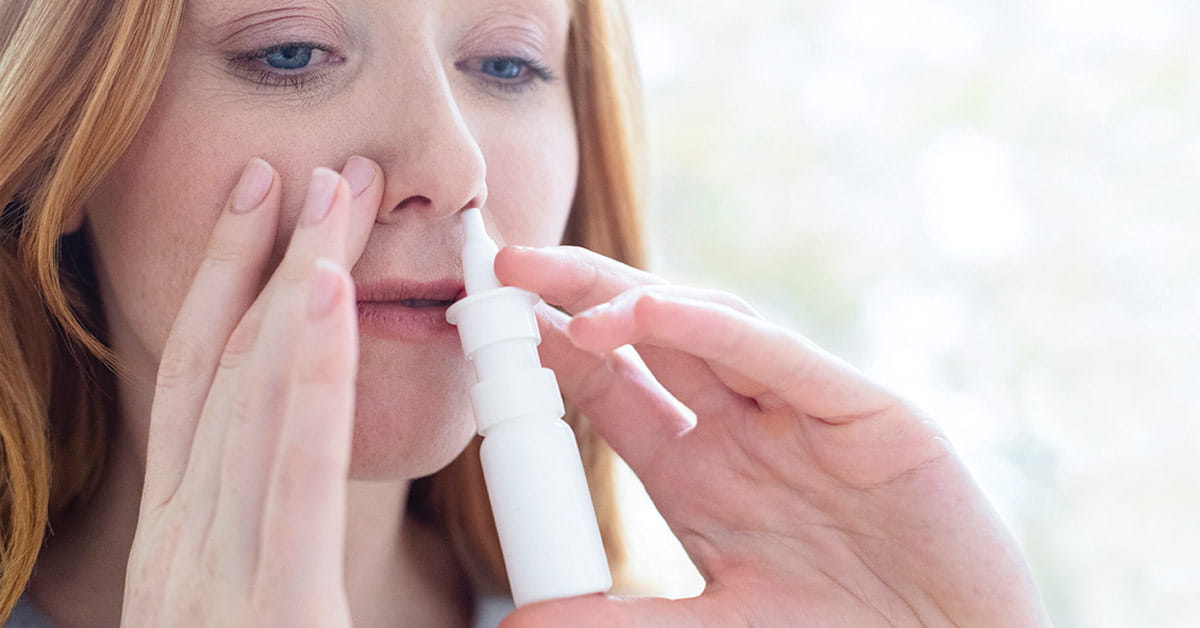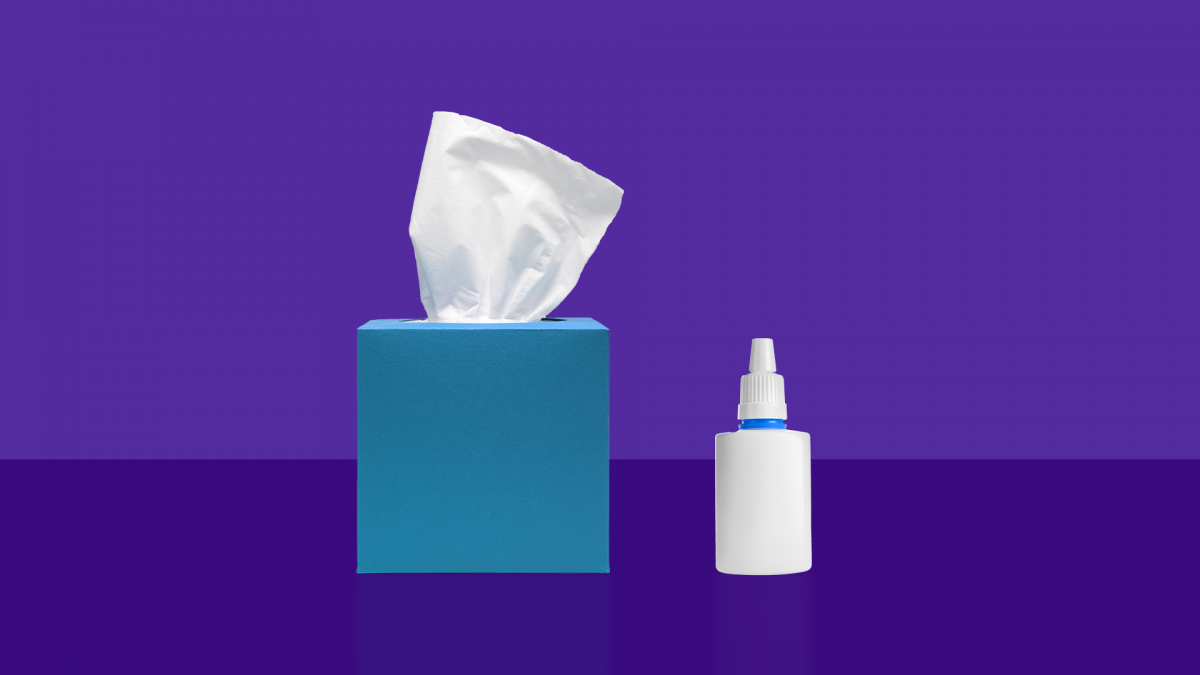Formidable Tips About How To Treat Rebound Nasal Congestion

Some examples of nasal spray.
How to treat rebound nasal congestion. Additionally, they should not be taken for more than three days due to the possibility of. Use nasal decongestants for only a few days because they may cause worse stuffiness, known as rebound congestion. However, the rebound congestion may be so severe that you may want to treat the congestion in order to sleep or function.
They come in liquids, tablets and nasal sprays. A decongestant medicine may help the blocked nose. Glucocorticoid nasal sprays, which contain steroids that reduce inflammation.
Inflammation is the body's natural response to invaders like bacteria, viruses, other germs, and dust. Rebound congestion is a constant nasal stuffiness (congestion) that develops from the overuse of nasal sprays (or drops or gels) that contain a decongestant medicine. Steps in congestion management include (1) diagnosis of the cause (s), (2) patient education and monitoring, (3) avoidance of environmental triggers where possible, (4) pharmacotherapy, and (5) immunotherapy (for patients with allergic rhinitis) or surgery for patients whose condition is otherwise uncontrolled.
The single most helpful and instant home remedy, according to friedlander, is a saltwater rinse or a neti pot. Phenylephrine is another topical nasal decongestant that can cause rebound congestion with prolonged use. This is a great way to relieve nasal congestion.
As cold and flu season begins, you may be interested in using this otc remedy. Rhinitis medicamentosa (rm), also known as ‘rebound congestion’ is inflammation of the nasal mucosa caused by the overuse of topical nasal decongestants. Which decongestants cause rebound congestion?
Uses saline for her nose: Treatment complications diagnosis nasal congestion is when the tissue lining inside of the nose swells because of inflamed blood vessels. Other ways to overcome rebound nasal congestion & stuffiness:
Here are just a few: In this case, use of an intranasal glucocorticoid like fluticasone has been shown to treat the symptoms and may help to minimize the effects of rebound congestion. When you’re no longer using nasal sprays, your provider may recommend other treatments to ease congestion, such as:
Oral antihistamines to treat allergies, such as loratadine (claritin) and cetirizine (zyrtec) The order of events generally looks like this: 73 use of large volume budesonide or mometasone nasal irrigations improve sinusitis nasal symptoms, qol, and endoscopic and radiographic disease severity.
For sinusitis caused by allergies, using allergy medicines might lessen allergy symptoms. Medications used to treat nasal congestion include: Practice essentials rhinitis medicamentosa (rm), also known as rebound rhinitis, is a condition characterized by nasal congestion that is triggered by the overuse of topical.
Left untreated, nasal congestion may cause sinusitis, nasal polyps or middle ear infections. The first step in treating rhinitis medicamentosa is to stop using the nasal spray. This will thin out your mucus, which could help prevent blocked sinuses.











/woman-using-nasal-spray-for-controlling-rhinitis-596316348-5a1f68c6482c52003723da7a.jpg)






